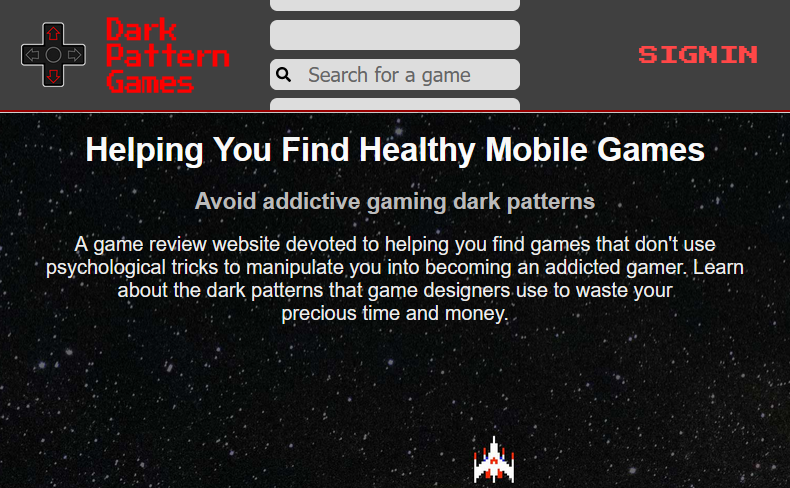Back in 2010, over on Metafilter, three posts on The Legend of Zelda went up on the same day, on the day after Christmas, December 26th. Since then, I’ve tried to commemorate the event by making a post there about The Legend of Zelda each year. I typically tag these posts with “zeldaday,” to make them easier to find.
Since we have Set Side B now, I figured I’d crosspost the main content of this year’s Zelda Day post here as well. Here it is!
GameSpot has a long series of interesting discoveries of The Legend of Zelda: Breath of the Wild:
48 things you still didn’t know – 21 more – 31 more than that – 29 on top of those – and then still 28 more – and 30 additional – followed by another 33 – and then 27 – after that 25 – then, 26 – and 19 – and 20 – and 22 – and 18 – and 23 – and another 24 – and then, 16 – then ANOTHER 16 – then 12 – then 15, and then, finally 14 — as of this writing, that is. That’s 497 things in all, over nearly three hours! Here’s their playlist with the whole series.
The Youtube channel Looygi Bros. has done a couple of similar series, covering Ocarina of Time and Majora’s Mask:
15 cool things about Ocarina of Time – 10 more – then 13 – then another 13 – then 19 – then 7 – then 11 – then 11 more – then 10 after that – then 10 – and then 13. Then, later, another 10, another 8, yet another 10, and then 9, and 9, and 8, and at last another 8.
But there’s more, on Majora’s Mask! 11 cool things about Majora’s Mask – and then 10 – and then 9 – and then another 10 – then yet another 10 – and another 10 again – and another 10 once more – and 9 – and 7 – and 7 again – then 6, then 15, then 7, then 10, and then finally 7.
And now, a new series has started on the Wind Waker, with one video so far and 12 facts. Here is a playlist with all of them. All together, I count that’s 841 facts of Zelda esoterica to watch. I figure that’ll keep you going until Zelda Day 2023!


